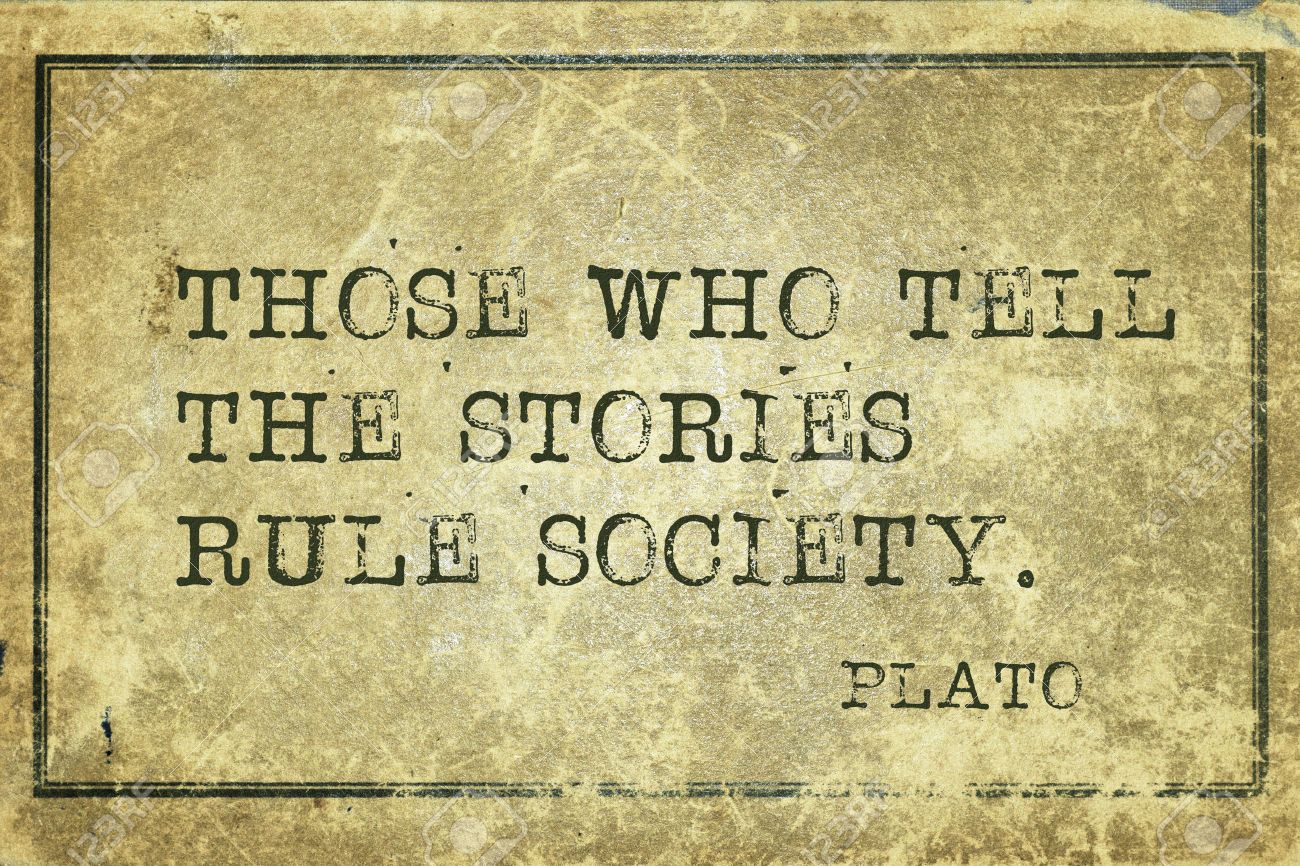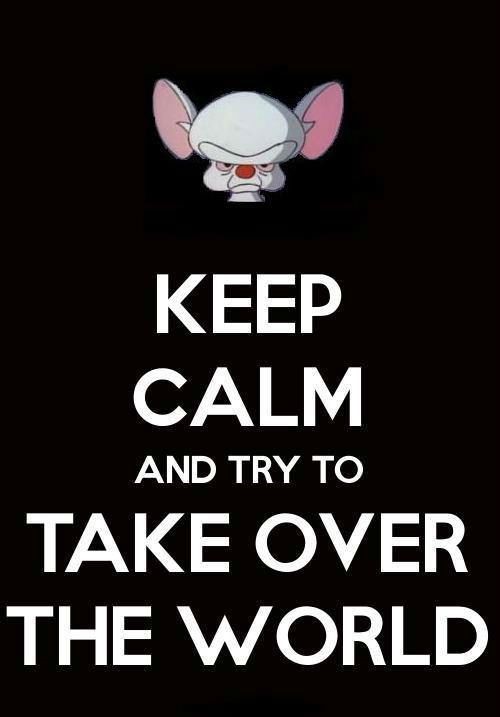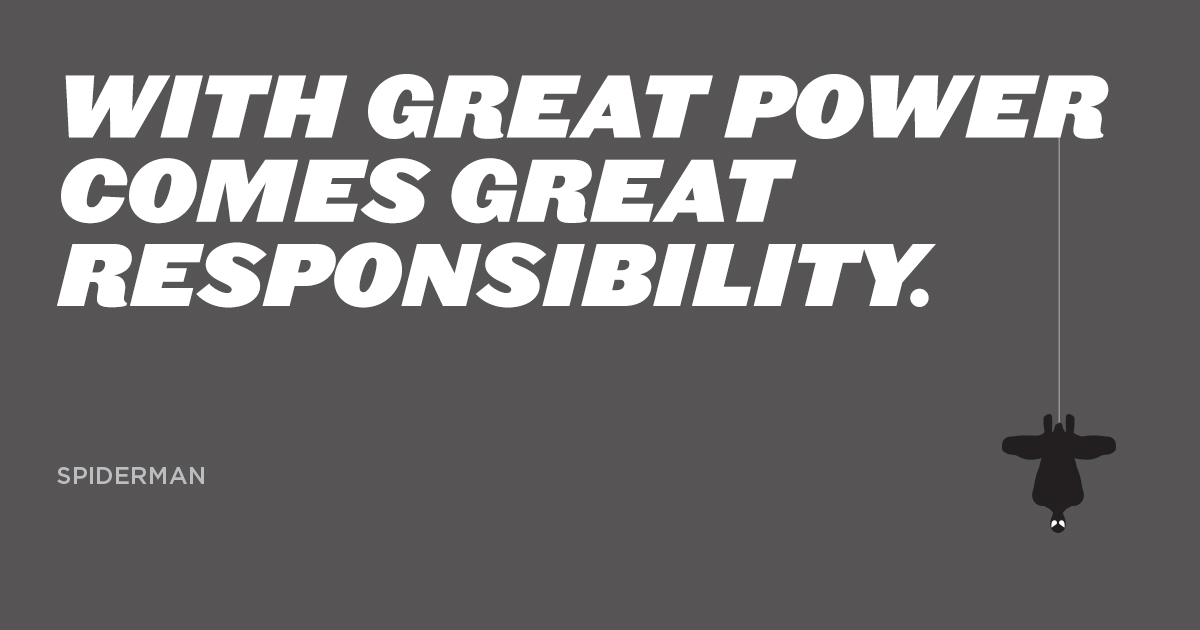By Crayonz.
I cannot take credit for the following idea, but that matters little: stories are the most powerful tool at our disposal.

Dictionary.com defines story as follows: a narrative, either true or fictitious, in prose or verse, designed to interest, amuse, or instruct the hearer or reader. So, story can be forked into fiction and nonfiction. Nonfiction is basically an historical account, which aims to report on what happened, what already exists. But, if it’s fiction we’re talking about (and that’s what we really care about here), there is no limit on topic or scale, which is remarkable, given the implications.
Yuval Noah Harari, in Sapiens, tries to explain where our species came from and how it was that we out-competed our fellow bipeds. In short, he said that it was humanity’s ability to fabricate ideas, to tell stories and then bring them into the world, that gave us the edge. We could ‘tell stories’ of safer structures and better weapons, better farming techniques, theories of governance, and medicine. All of these things, which we now take for granted, sprang from the ability to imagine things which didn’t exist.
It’s safe to say that Harari thinks stories are important. So do I.
OK. So. Now what? What do we do with this bit of data? We use it to take over the world. J/k. Well, sorta.

What Makes a Great Story? Dreams.
But, taking over the world using only stories probably isn’t all that simple. How shall we go about it? Well, for starters, we need to craft good stories about worthy ideas. Also, something that isn’t so simple. But we’re getting a bit ahead of ourselves: what the hell even is a good story? John Gardner, in his book The Art of Fiction, gives us one possible answer.
I’ll paraphrase: he says that good stories are those which create ‘vivid and continuous dreams’ in the minds of their readers. He was speaking specifically of fiction, but we can easily adapt the idea to all storytelling: a good storyteller, no matter the medium, creates a vivid and continuous dream, utilizing whatever means they can devise, inside the minds of those that consume their art. The better the storyteller, the better the dream.
Between Gardner and Harari, we’ve got a ‘why we should care about stories’ and a metric we can use to judge our stories, which we can use to guide our next steps and creative processes. What’s next? We tie it to blockchains and web3.
Yes, Story Also Matters in Web3
In very general terms, I think of web3 as experiments in coordination, aided by new tech. It allows for various and varied intelligence’s to use new technologies in truly novel ways. Obviously, web3 is useful for financial products, but at StoryPrima, we care about stories and we think that web3 will revolutionize those as well. By combining blockchain-enabled technology (e.g. NFTs) with AI (e.g. GPT-3) and easier-to-access graphics technology (e.g. Unreal 5, social media filters), web3 will allow the at-home creator to create high-quality, immersive stories that rival those create by their financially well-endowed competitors. What I really mean is that it’ll be easier than ever for the individual to create amazing dreams, ones that rival reality, all from their couch.
This all begs a question: why? Why should we care about better stories? Why devote scarce resources to creating better dreams and fictions? The reasons are not quite legion, but several:
- It’s more entertaining. The better the story, the more rewarding it is to consume. Simple as that. For example, I long to find another story that sees me waiting outside of Barnes and Nobel, at midnight, because I want so badly to know what happens next (I did this three different times, for each of the last three Harry Potter book releases).
- Art is a public good. Stories are art (Marc Andreessen agrees with me). Public goods are hard to fund. Web3 looks poised to make this easier, allowing for artists to more easily make a living through their creations, which allows for the creation of yet more art, which leads to more artists, which leads to more art, ad infinitum.
- Improve sustainability. All else being equal, those projects with the best stories will remain relevant the longest. That is, projects whose stories produce the best dreams are more sustainable than those that produce bad (ineffective, not immoral) dreams. So, the projects with the best stories are likely to be the best investments. In a world of cryptocurrencies, where most anything can be tokenized or monetized or financialized, better stories are a better bet.
- Stories=Power. The best storytellers will wield the most influence. Web3 will allow for higher quality dreams to be created through the melding of high-quality storylines (so far, web3 has yet to find a substitute for hard work and luck when it comes to creating good storylines), ever-more realistic imagery, and new distribution/consumption mechanisms (basically, web3 is trending towards The Matrix). Additionally, given that web3 allows for (and can incentivize) audiences to participate in the creation of the story, which can generate deeper emotional attachment, the storyteller is able to create a loyal and motivated base of support, which is useful for a whole host of reasons. The better the story, the more impact it can have, which means that those who tell the best stories can shape the world as they see fit.
This last idea, concerning the power available to master storytellers comes off as a bit frightening and it should, because it is. Stories can fall anywhere on the spectrum of morality or usefulness—they can be used to create vile dictators or to provide food for the hungry. Stories are simply tools and tools can be used for good or ill, depending on the goals and disposition of those that use them.

In conclusion, web3 will allow for better storytelling through novel technology and novel engagement mechanisms. It will allow for more art to enter our world and that is really the point: art makes life better and we need more of it and we’ll get it if we can create systems that make it easier to create and support (quadratic funding, hello???).
Web3 enables this more than anything that has come before. It will allow for more immersive dreams to be created, dreams that are indistinguishable from even our wildest imaginings. With these new abilities, humans will be able to influence the world like never before, transport our wildest fancies straight from our imaginations to the waking world.